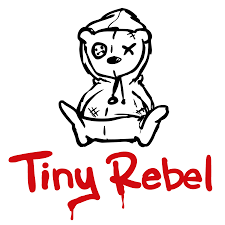Before we start talking about strategy, shouldn’t we agree on what ‘strategy’ actually means?
During the course of our leadership training programmes we often use words such as strategy, vision, mission and values. What becomes very clear for delegates is that there’s often conflicting views as to what each of these words means and how managers and organisation think about them.
Particularly so with ‘strategy’.
So what is strategy? What does it give us? In 600bc Sun Tzu said “Strategy without tactics is the slowest route to victory. Tactics without strategy is the noise before defeat”. This perhaps gives us part of the answer; that is that strategy is the notion of doing things that should dictate the daily details of getting work done and shipped. It’s the way in which we are to reach the overriding goal or vision of the organisation.
In Richard Rumelts’ book Good Strategy, Bad Strategy he argues that strategy is the identification of problems, forces, risks and environmental effects that you will meet on the way to achieving your goals, and then choosing to do something about each and every one of them.
Thus ‘We want to be an £X million turnover organisation’, is not a strategy. It’s an objective. Strategy is precisely how you’re going to do it and get people to work with you.
So with that agreed, what’s your strategy? Does everybody agree?























